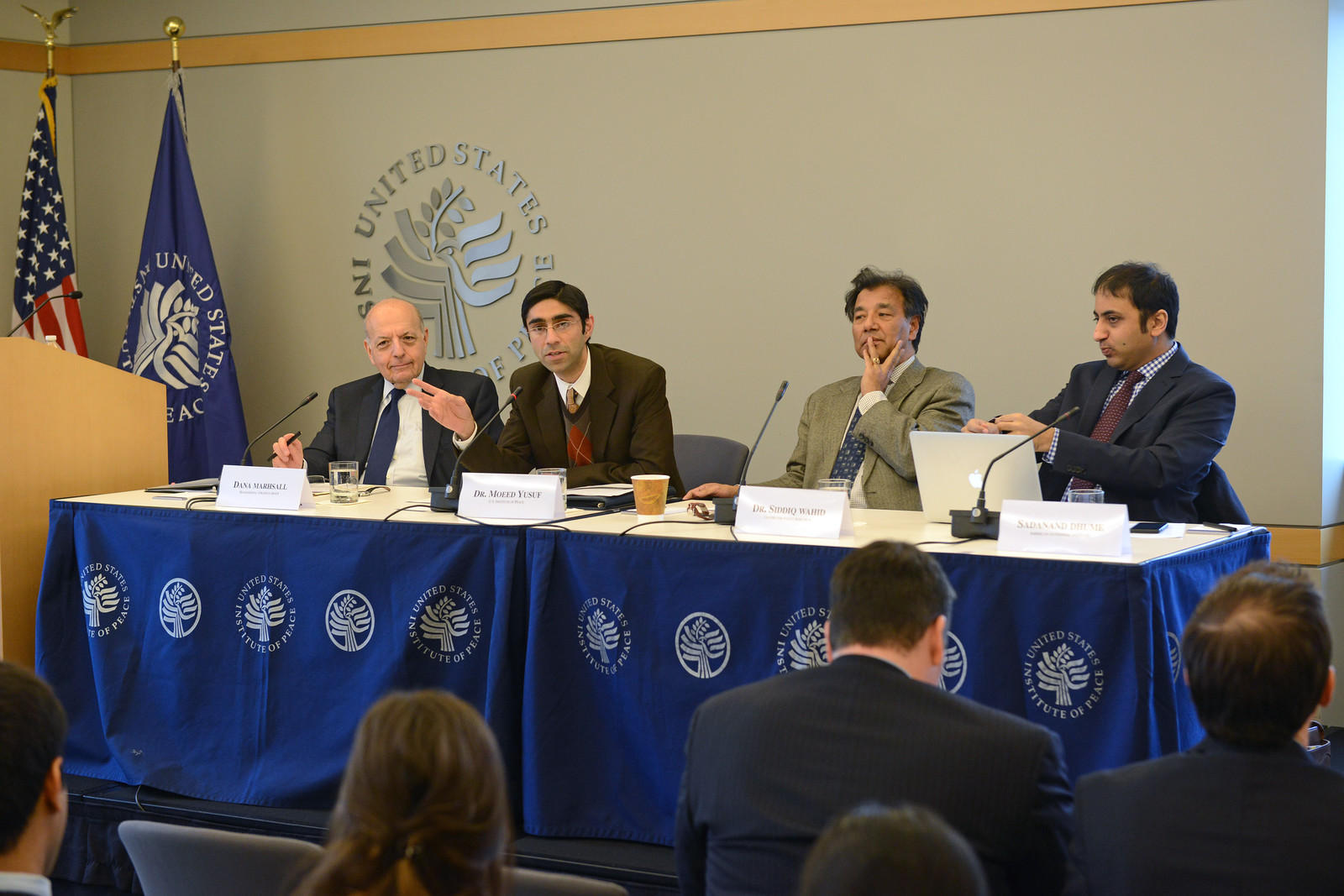Repairing the India-Pakistan Rift
Pakistan’s expression of alarm at President Obama’s recent visit to India became another example of how relations between the two South Asian nations have turned increasingly sour in the past year. On February 9, the U.S. Institute of Peace hosted a panel discussion to explore the deteriorating India-Pakistan ties and the ramifications for the region and beyond.

Ties between India and Pakistan showed tentative signs of warming in late 2013 and early 2014. But optimistic calls for trade liberalization and diplomatic dialogue have given way to escalating tensions between the two nuclear-armed neighbors over how to address terrorism and the disputed territory of Kashmir. Foreign secretary-level talks have been scuttled, and exchanges of fire left at least 10 people dead and thousands displaced along the Line of Control in late December and early January.
Then, in the wake of Obama’s talks with Indian leaders, Pakistan’s foreign ministry issued a statement, saying efforts by the United States and India to strengthen their partnership, particularly in nuclear cooperation, could disrupt the South Asian strategic balance. The USIP panel looked ahead at future implications for India, Pakistan and the broader region, and the means by which the bilateral relationship might be put back on track. Continue the conversation on Twitter with #USIPIndoPak.
Speakers
Sadanand Dhume
Fellow, American Enterprise Institute
Dana Marshall
President, Transnational Strategy Group
Siddiq Wahid
Senior Fellow, Centre for Policy Research
Moeed Yusuf, Moderator
Director of South Asia Programs, U.S. Institute of Peace



